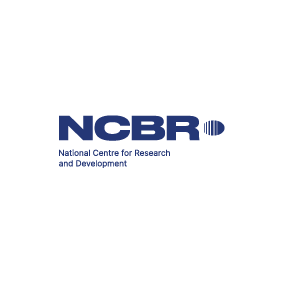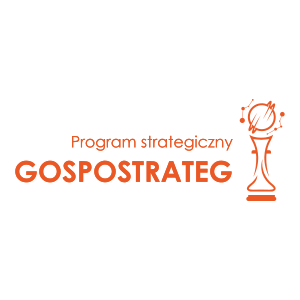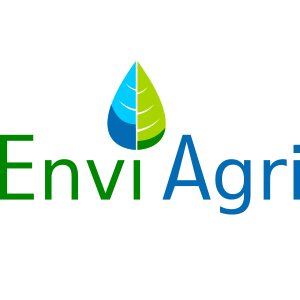The progressive degradation of the natural environment and the impact of anthropogenic pressures on climate warming have raised concerns for years, with agriculture identified as a significant source of environmental pollution emissions. Farmers, to meet the requirements arising from regulations (including the Nitrates Directive, Ammonia Framework Code, HELCOM recommendations, as well as the European Green Deal, Farm to Fork Strategy, and Carbon Farming), need support in effective farm management that integrates environmental protection requirements without conflicting with the primary goal of food production. This project will develop a user-friendly toolkit enabling comprehensive analysis of farm conditions and effective optimization actions. Based on real production data, the system will generate a series of farm self-assessment indicators regarding its environmental impact: nutrient balance, soil organic matter balance, nitrogen leaching, phosphorus loss risk, N2O and NH3 emissions, carbon footprint, and water deficit estimation. The EnviAgri system will highlight 'sensitive areas' due to nutrient loss and energy consumption. Optimizing emission management has not only environmental significance but also enhances the efficient use of production resources (fertilizers, fuels, etc.), improving the farm's economic outcomes, which is particularly important in times of significant increases in fertilizer and fuel prices. EnviAgri will also determine economic indicators for crop and livestock production within the farm. In the future, it is expected that market interest in low-emission farm products will increase. The system will be piloted in the Pomeranian Voivodeship and, ultimately, will become a widely accessible application for producers, agricultural advisors, students, and teachers in agricultural fields..




The project is funded by the National Centre for Research and Development under the GOSPOSTRATEG IX strategic program